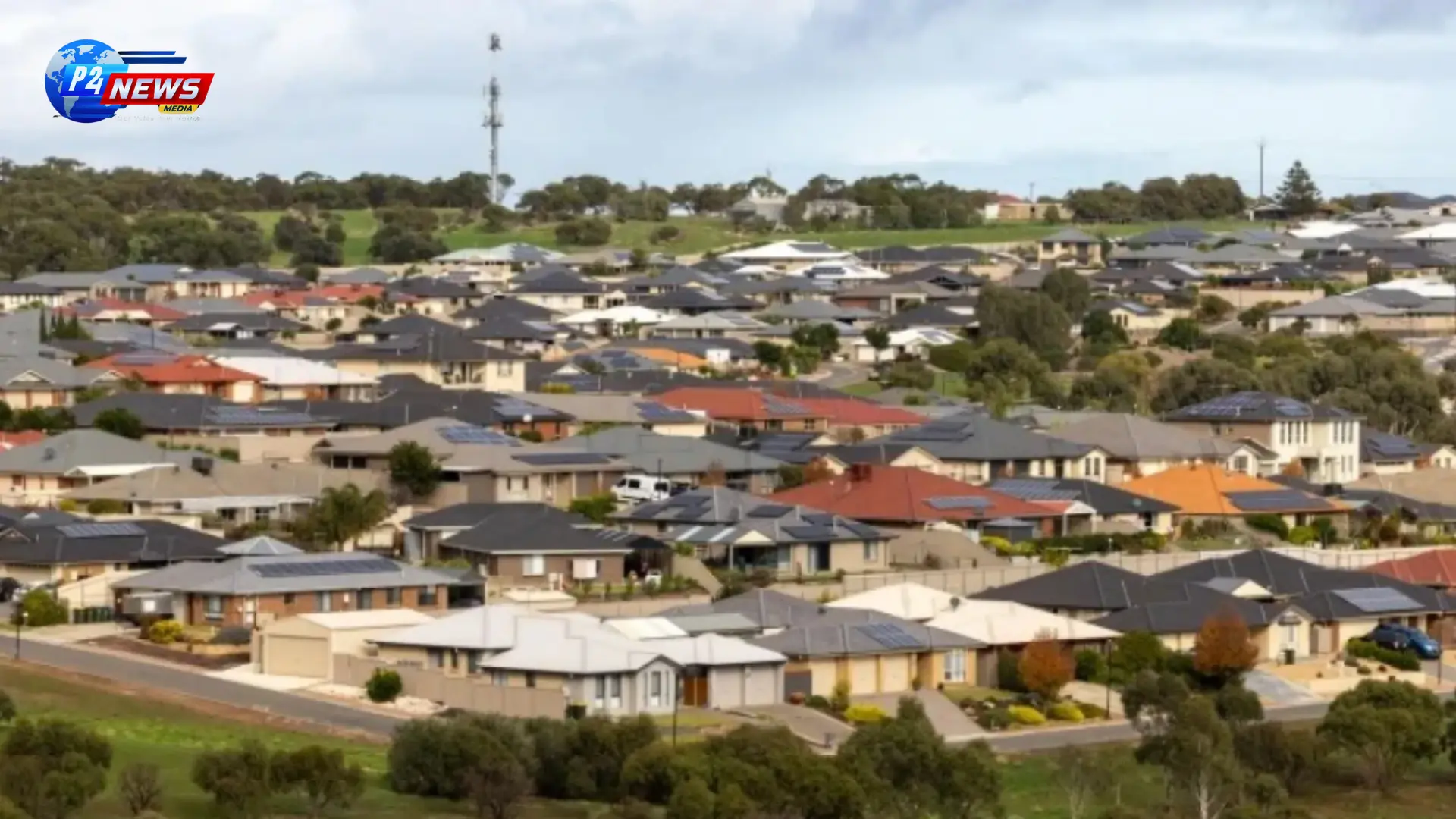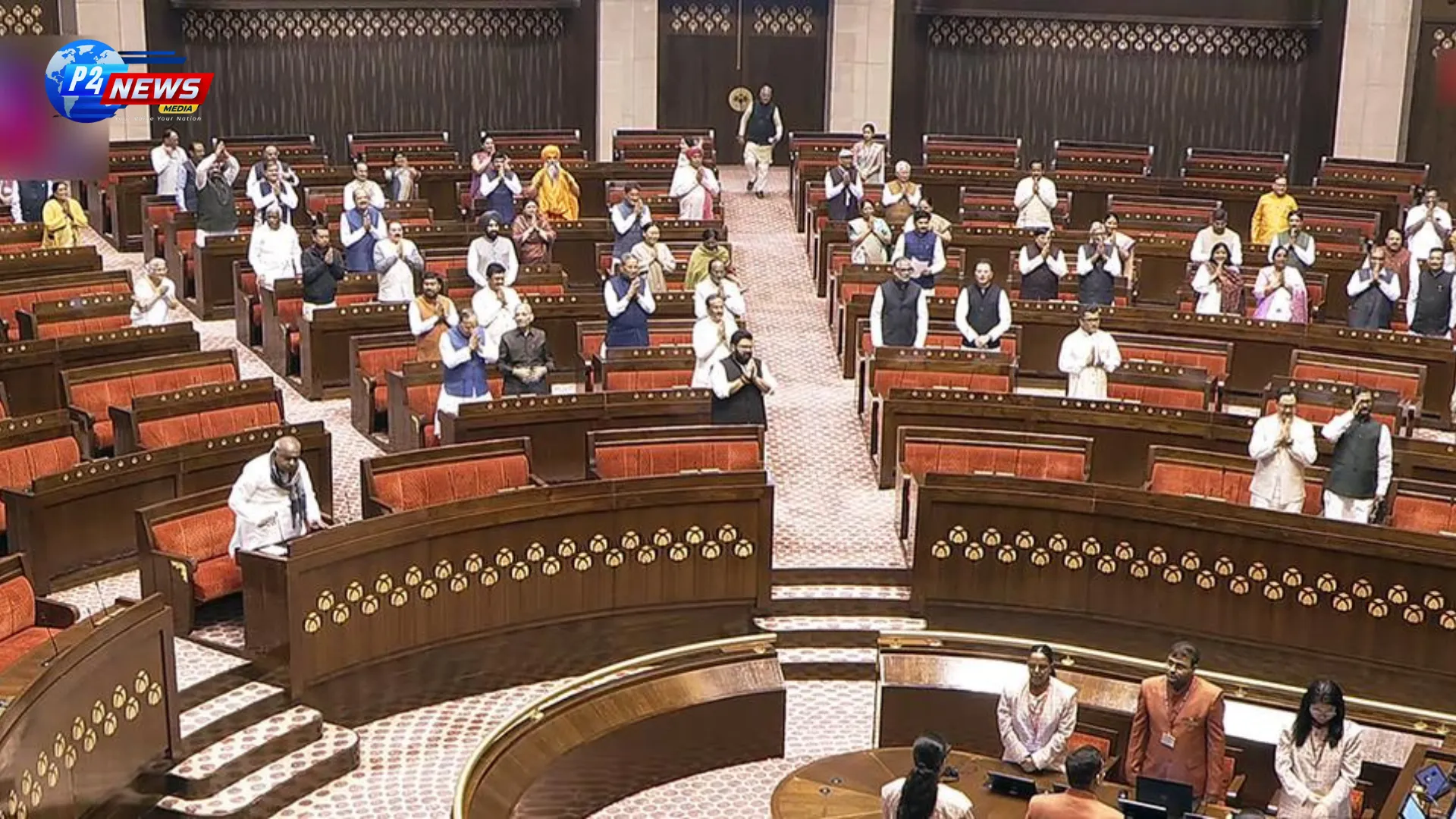Chimmoy Krishna Das Brahmachari's recent arrest has ignited widespread protests worldwide, raising concerns over religious freedom and human rights. Supporters advocate for his release, emphasizing the need for dialogue and understanding amidst escalating tensions.
On December 1, 2024, a large-scale protest took place in Melbourne, marking a pivotal moment in a worldwide response to the arrest of Hindu priest Chimmoy Krishna Das Brahmachari in Bangladesh. This gathering was coordinated by members of the Hindu community along with various activists, convening at Federation Square from 11 a.m. to 1 p.m. The demonstrators rallied for his immediate release, denouncing the charges of sedition against him as unfounded and politically driven.
The protest was primarily supported by the Hindu community residing in Australia, who articulated their grave worries regarding the ongoing persecution of Hindus in Bangladesh. Allegations were made against extremist organizations and certain political elements, claiming they are systematically targeting the Hindu populace, displacing individuals from their homes, seizing properties, and endangering their safety and livelihoods.
"We are gathered here today to advocate for justice on behalf of the Hindus in Bangladesh," expressed Dr. Jahar Bhowmik, who holds the position of President within the Bangladesh Puja and Cultural Society of Victoria. "We cannot remain passive while our brethren endure discrimination, violence, and unwarranted incarcerations. We will persist until Chimmoy Krishna Das Brahmachari is released, and until the persecution of Hindus ceases."
The detention of Chimmoy Krishna Das Brahmachari, a respected figure within the Hindu religious community, has emerged as a powerful emblem of the broader challenges facing minority groups in Bangladesh. Various community organizations have denounced his arrest on sedition charges, asserting that no substantial evidence backs such accusations. They argue this is part of a larger strategy to quash the voices of Hindus and other religious minorities.
During the rally, speakers drew attention to the precarious situation faced by Hindus in Bangladesh, noting that since the decline of the Awami League government, there has been a marked increase in assaults on Hindu residences, places of worship, and businesses. Claims were made that Hindu officials have been unjustly dismissed from government roles, and that meaningful actions remain unaddressed against those accountable for violence, in light of a lengthy history of assaults spanning over 53 years.
The event also delved into the broader political landscape, with several orators stressing the necessity of reinstating the secular principles foundational to Bangladesh's post-liberation constitution. They criticized the lack of representation for minorities within the newly established Constitution Reform Commission and called for a more inclusive political system that safeguards the rights of all faiths.
The protesters outlined a set of pressing demands, including the immediate release of Chimmoy Krishna Das Brahmachari, the formation of a specialized tribunal to investigate incidents of religious violence, financial reparations for victims, and the reconstruction of impacted Hindu residences, businesses, and places of worship. Additionally, they advocated for a dedicated ministry for religious minorities tasked with crafting laws that protect their rights, alongside a thorough revision of educational content aimed at fostering tolerance and social cohesion.
"If we do not witness change in the next two or three days, we will escalate this movement to a global platform," cautioned one of the event’s organizers. "Our community will not relent until justice is achieved and religious persecution is eradicated."
This protest highlighted the solidarity and resolve of the Hindu community in Victoria and beyond. As the movement continues to gather momentum and support, leaders have affirmed their commitment to pursuing justice, not just for Chimmoy Krishna Das Brahmachari, but also for the dignity and security of Hindus and other religious minorities in Bangladesh. The movement's leaders are intent on holding both the Bangladeshi government and the international community accountable for ensuring safety and equality for all citizens, regardless of their religious beliefs.















Comments 0